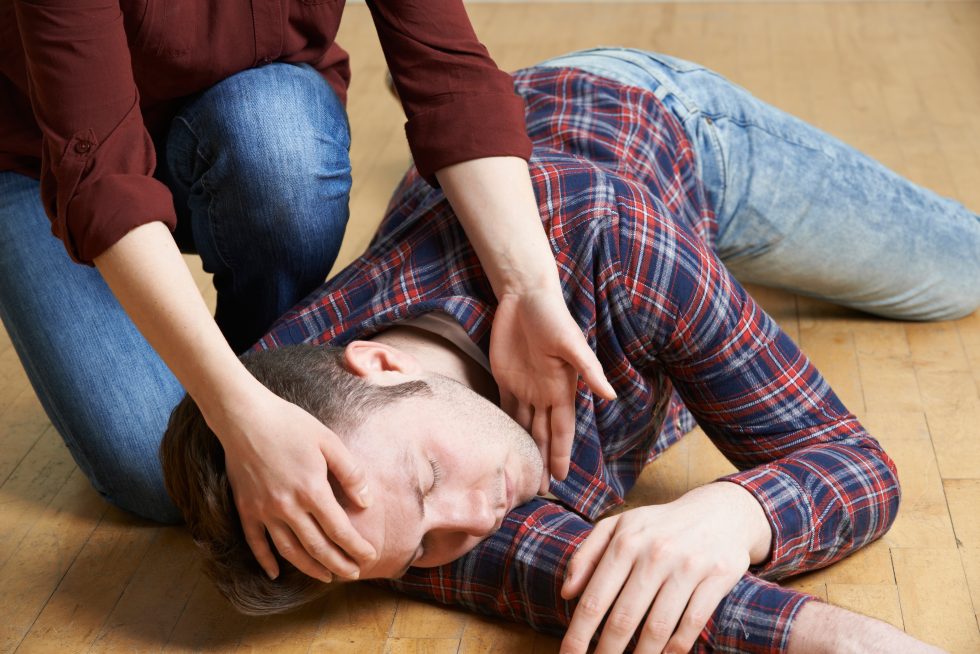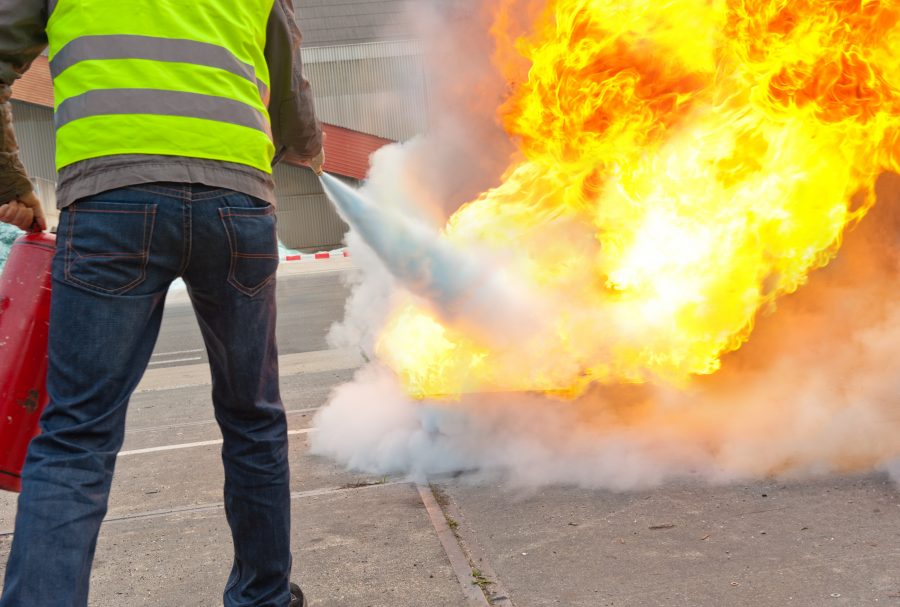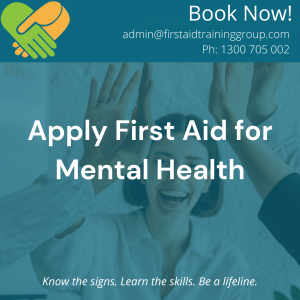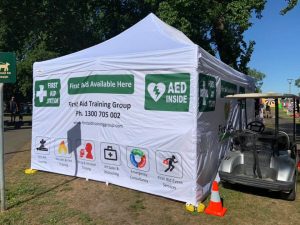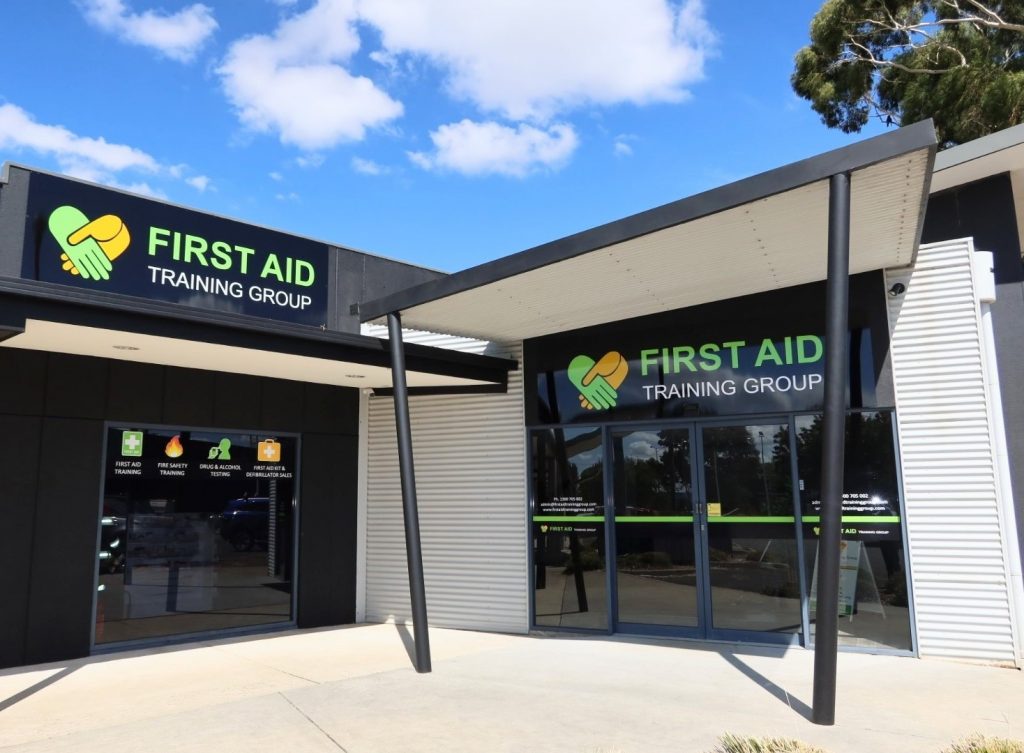First aid training gives you the confidence to deal with other emergencies
It’s a normal human reaction to being of the opinion that an emergency won’t happen to you. Emergencies only happen to other people. Well, in reality, it is likely that at least once during your life you will be exposed to some type of critical emergency. First aid training is, therefore, a critical factor in being able to problem solve and deal with the situation.
Most consider that first aid training is associated with only medical emergencies. Well, this is partly true, but first aid training provides more than just knowledge than relating to medical emergencies. You may gain valuable confidence to deal with many critical situations. Problem-solving is one benefit gained during first aid training.
The principles of first aid training
When confronted with a medical emergency we can do one of two thing – provide assistance to the person with the problem or not. When someone in trouble most people tend to want to help them and make things better. Whether it is preserving life via using CPR or simply protecting the casualty from danger.
Could you imagine how satisfying it would feel to prevent a condition from getting worse and starting to promote recovery? In reality, we can’t always save a life or stop the injury from getting worse but if you have done your best you are likely to feel better within yourself.
Hygiene and infection control
The first aiders main risk during medical emergencies is keeping themselves safe and out of danger. Infection control is one thing we can do to minimise the risk to ourselves and others.
Whether its using personal protective equipment or taking certain actions, like washing hand thoroughly, there is always a need to mitigate the risk to yourself. There is some equipment readily available which support this function and they include needle stick injury containers and alcohol wipes.
Basic Life support & CPR
In the emergency services industries, there are literally 1000’s of acronyms to help responders recall information. One of the most important acronyms is the first aid training action plan D.R.S.A.B.C.D.
The great thing about this action emergency action plan is that provides you with a method of recall and a logical process for providing emergency care. It’s appropriate here to give a brief explanation of each. Note: this is just a very brief explanation of each and extensive training is required to apply correctly:
- Danger: This indicates that you need to mitigate, as far as practicable, all risk to you bystanders and the casualty.
- Response: is checking the level of consciousness of a casualty by using appropriate mechanisms like speaking etc.
- Send: Send for help i.e. Call “000”.
- Airway: Checking that the casualties airway is clear.
- Breathing: checking for normal or other levels of breathing
- Compressions: Providing chest compressions.
- Defibrillation: use a defibrillator available
How to provide basic life support can only be effectively provided by a trained and experienced first aid instructor like at First Aid Training Group in Ballarat Victoria.
First Aid Equipment
Most people are familiar with first aid kit which are readily available from many retailers. They vary in cost but in Australia, they must meet certain standards as provided in AS 2675-1983.
They provide great assistance to the first aider who is trying to deal with a medical emergency.
More and more individuals and organisations are purchasing defibrillators and the cost is coming down substantially. Their use has resulted in many lives being saved.
Medical emergencies
These are often quite a stressful situation but to have the confidence to help a victim often reduces your trauma associated with medical emergencies.
Even calling triple zero can be the difference between life and death. At First Aid Training Group our instructor can provide professional instruction. We run courses weekly and can even provide a course on location (conditions apply). Please give us a call on Tel: 1300 705 002

